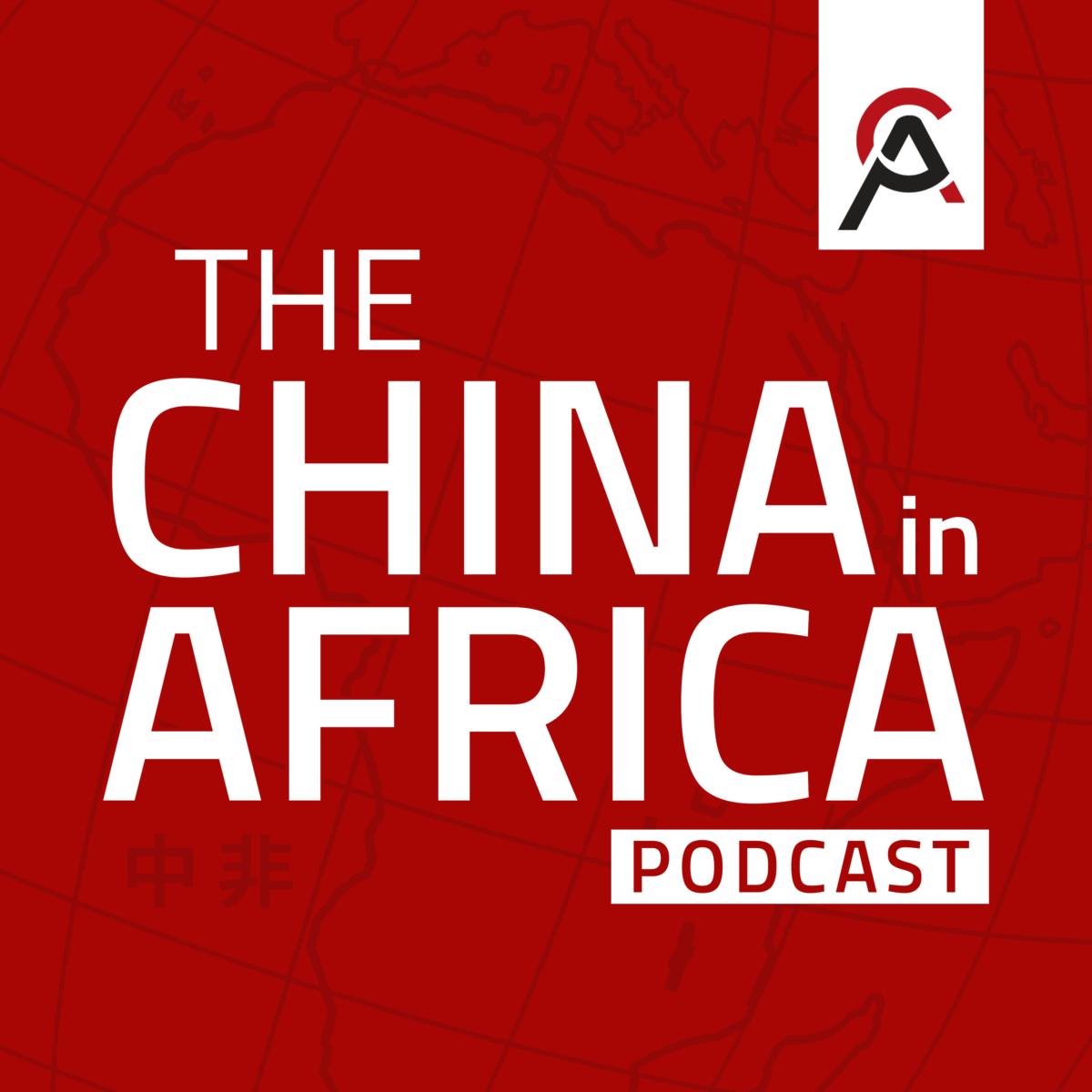The Chinese economy is undergoing unprecedented economic disruption due to the ongoing COVID-19 crisis. African countries are largely unprepared for the impact that it’s going to have on their economies. The prices of most major commodities — oil, timber, and copper — that sustain many African economies are all down significantly as Chinese demand has plummeted in recent weeks. And with the outbreak still not under control, there’s no indication things are going to improve anytime soon.
Some of the changes that are now taking place in China-Africa trade were already well underway even before this health crisis emerged: China simply doesn’t manufacture anywhere near as much as it did five or 10 years ago, since the economy has become more focused on technology and services. A growing amount of that industrial output that defined China’s early stage of economic development has been offshored to less-developed countries in Southeast Asia and elsewhere.
But the problem in Africa is that policymakers across the continent still think of China as a place to sell raw materials, buy finished goods, and get affordable Chinese credit for development financing.
“I don’t think African [leaders] are particularly well prepared for what is a fundamental change in the way China’s economy attaches itself to the rest of the world,” says Jeremy Stevens, Standard Bank Group’s chief China economist, in this episode of the China-Africa Podcast. “There’s a widespread lack of understanding [in Africa] as to what’s really driving China’s economy,” he adds.
Jeremy joins Eric and Cobus to talk about how the novel coronavirus outbreak is impacting the Chinese economy and why these changes present enormous risks for African economic stability.







